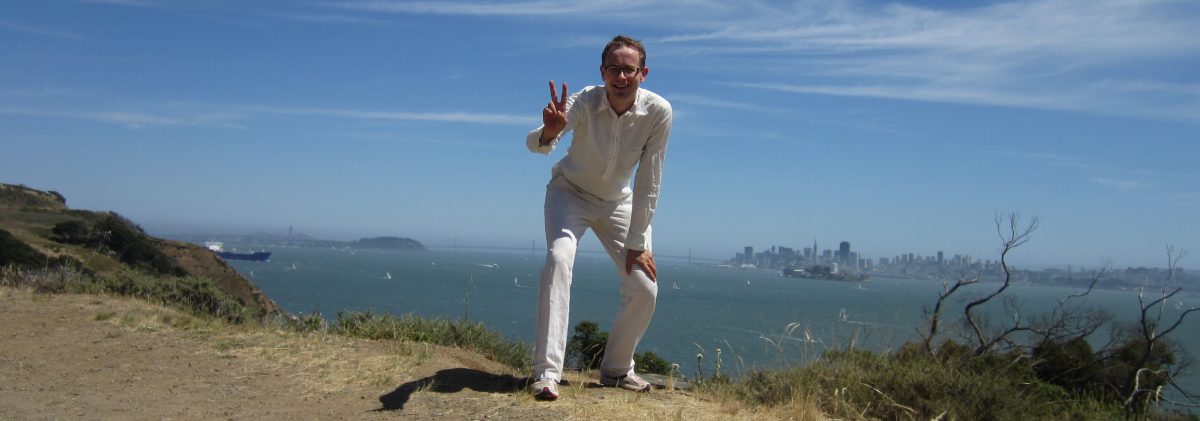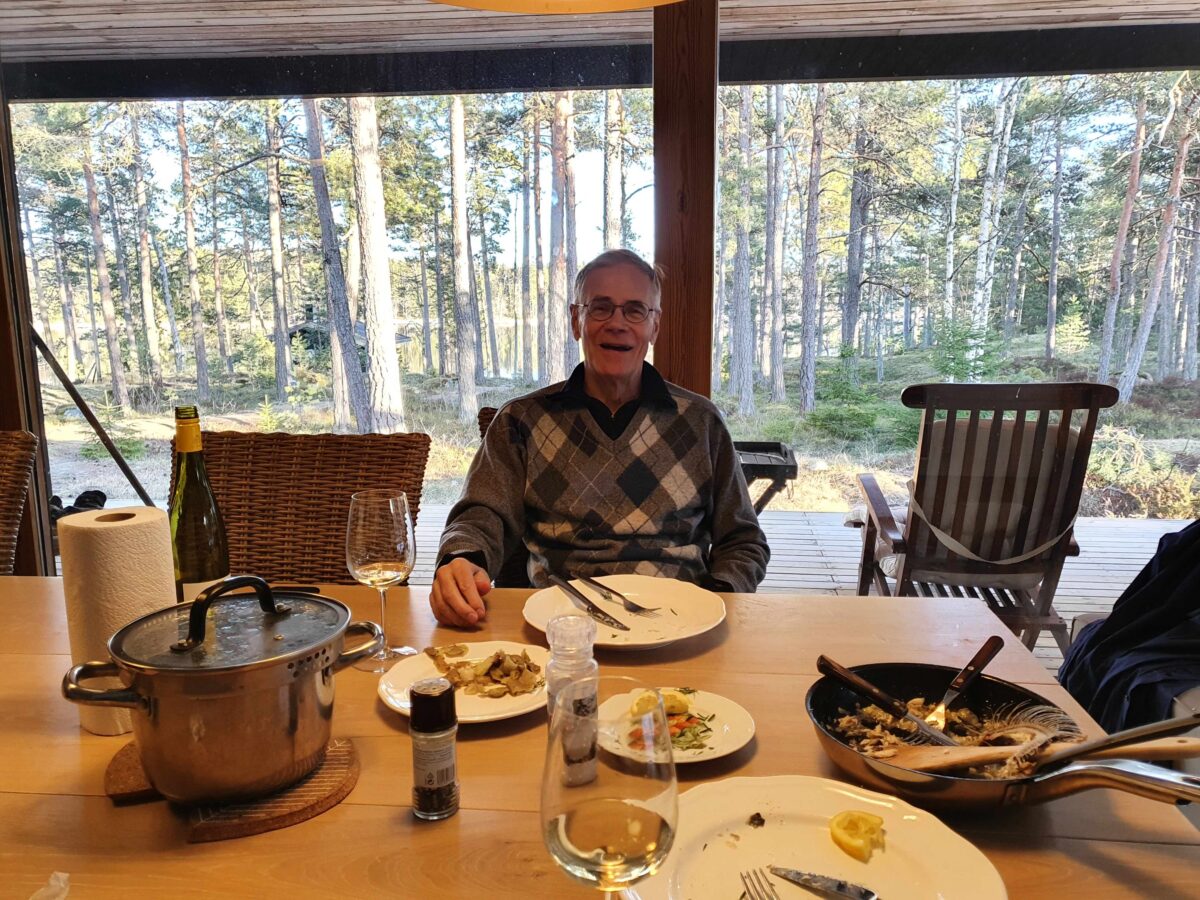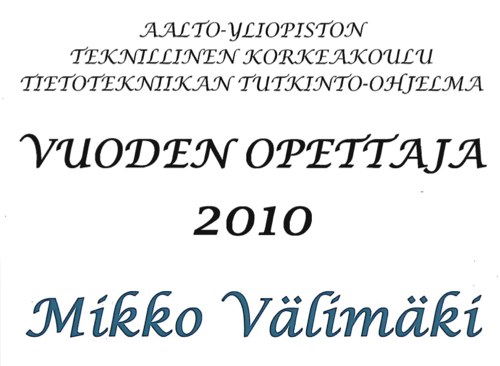The biggest legal case I have ever litigated is currently pending before the Finnish Supreme Court. It is about the administration of a Bittorrent tracker called Finreactor, pretty much like the infamous Piratebay.
Our main argument in the Finreactor-case is based on the liability limitation for “hosting” as defined in Directive 2000/31/EC, article 14. I tried first in the Court of Appeal, and then again in the Supreme Court to get the justices to send the main questions to European Court of Justice for a preliminary ruling. They did not do it. Finnish courts, perhaps still reflecting the silent and somewhat shy Finnish mentality of the past times, are notorious in not sending anything there.
Anyway, now it seems there are at least two trademark-related cases where European Court of Justice will say something about article 14.
The first is Google v. Louis Vuitton (also known as Google AdWords case) where there is already advocate general’s opinion published. The second one is L’Oréal v. Ebay where the questions are published.
More interesting of these two is the first one as it will be obviously decided first, and may set the precedent for future cases. The advocate general seems to think that the AdWords service is indeed a hosting service, but in this case Google has too much interest in the published content itself to be exempted from liability:
145. …Google’s display of ads stems from its relationship with the advertisers. As a consequence, AdWords is no longer a neutral information vehicle: Google has a direct interest in internet users clicking on the ads’ links (as opposed to the natural results presented by the search engine).
The advocate general would have accepted Google’s general search engine from liability, however:
144. …Google’s search engine … are a product of automatic algorithms that apply objective criteria in order to generate sites likely to be of interest to the internet user. The presentation of those sites and the order in which they are ranked depends on their relevance to the keywords entered, and not on Google’s interest in or relationship with any particular site. Admittedly, Google has an interest ““ even a pecuniary interest ““ in displaying the more relevant sites to the internet user; however, it does not have an interest in bringing any specific site to the internet user’s attention.
Some could say the advocate general is imposing a requirement on “neutrality” in order to benefit from liability. There is no such requirement in the directive and actually the opinion explicitly recognizes that in order to benefit from liability the hosting activity does not have to be purely technical:
140 …The fact remains that certain content is hosted by information society services, be it for advertising or for any other activity covered by those services. Information society services will rarely consist in activities which are exclusively technical, and will normally be associated with other activities which provide their financial support.
So how I read the advocate general’s opinion — in accordance with what I have argued to the Finnish courts — is that you cannot actively participate in the publishing process in order to benefit from the liability exemption. Advocate general is probably thinking that Google is “jointly” publishing the AdWords with the users because it actively makes money from the publications (“Google’s display of ads stems from its relationship with the advertisers… Google has a direct interest in internet users clicking on the ads'”). In other words, Google has too close relationship with the publishers and is too much involved in the published content.
The opinion gets however problematic when you take into account the fact that anybody can sign into the AdWords program. Anybody signed can publish any AdWords he or she likes. Google does not monitor or censor the words. And in general, everyone hosting content somewhere must have a contractual relationship with the hosting provider, pay for the use, and be able to use some publishing tools. Thus, the main rule must be that contractual relationship and collaboration between the hosting provider and publisher is possible to a large extent. The hosting provider must just stay in the provider’s role and not become the publisher. It cannot get involved in the published content, it cannot monitor the publication process, and it cannot cash-in from the publications — like advocate general is obviously trying to say. Hopefully European Court of Justice will clarify in its decision at least this part of the case.



